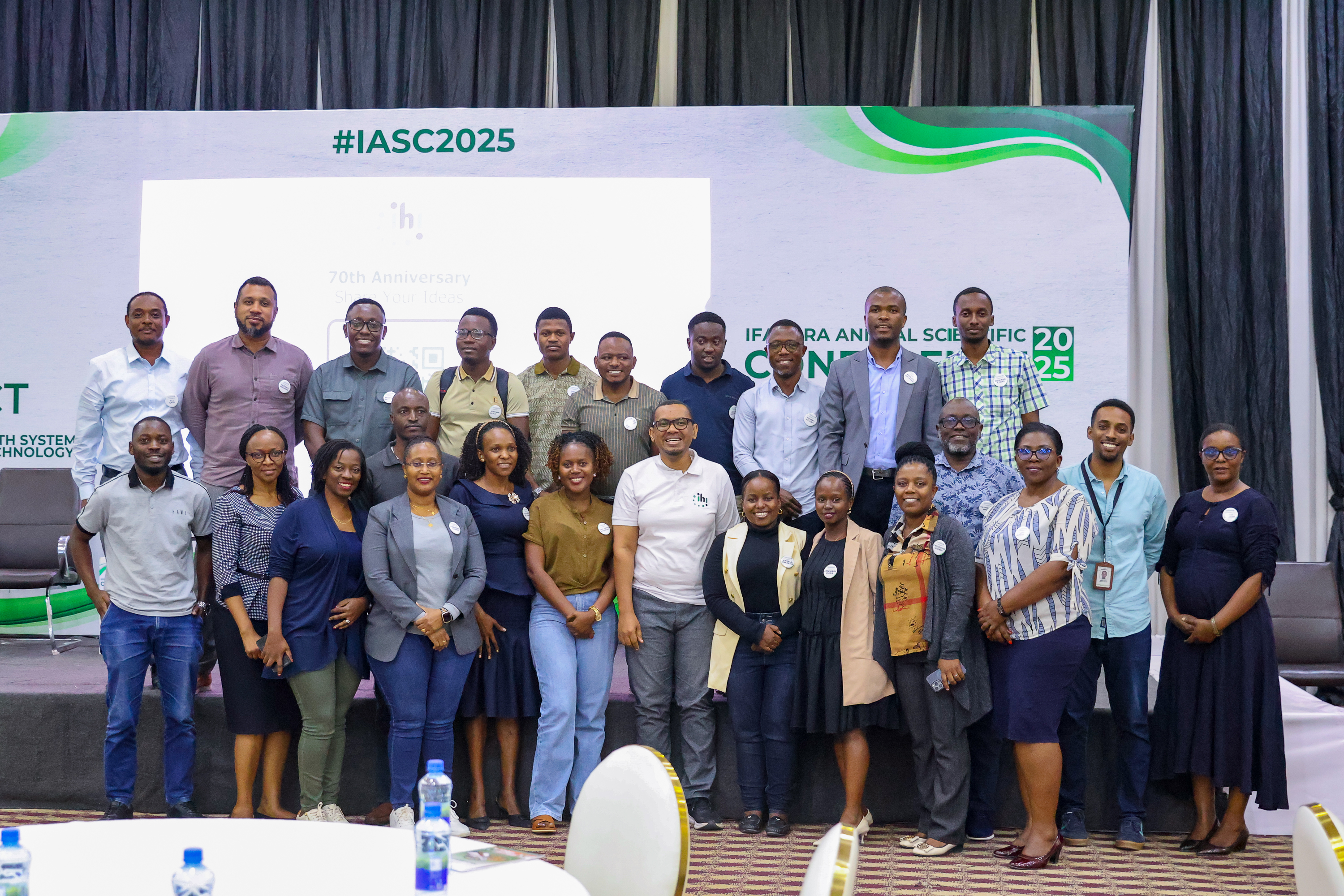
LOOKING BACK: How the #IASC2025 spotlighted Ifakara science and impact

This Day a week ago, the 4th Ifakara Annual Scientific Conference (IASC2025) drew to a close in Dar es Salaam—but the reflections and momentum it sparked are still alive. From September 2–4, scientists, policymakers, partners, and innovators gathered at the Mbezi Garden Hotel in Dar es Salaam under the theme: “Towards 70 Years of Impact: Building Resilient Health Systems through Data and Technology.”
A legacy of nearly seven decades
The conference carried a unique weight—coming just as Ifakara Health Institute approaches its 70th anniversary. In his remarks, Director of Science, Dr. Ally Olotu, welcomed participants into a space of dialogue and reflection. Chief Executive Director, Dr. Honorati Masanja, challenged the audience with a central question: “How can we leverage data and technology to secure a healthier future for Tanzania and beyond?”
The Guest of Honor, Dr. Seif Shekhalage, Permanent Secretary in the Ministry of Health, Tanzania reminded everyone that data only becomes meaningful when it improves people’s lives. His call underscored the purpose of the three-day gathering: ensuring that research and innovation translate into healthier, more resilient communities.
Charting the future through data and technology
Over three days, conversations spanned from the role of AI and big data in infectious disease research to public-private collaborations in health data, climate change and disease dynamics, and governance in the digital age.
Panels and breakout sessions examined how ecological changes shape disease patterns, how digital tools like GIS and real-time surveillance can guide responses, and how health systems can adapt to the pressures of climate and population change. The thread running through it all was clear: data and technology are powerful—but they must be used responsibly, inclusively, and with equity at the center.
Innovation with local ownership
The final day turned the spotlight on smart data systems, AI, and precision public health. Presenters showed how connected health data infrastructures could strengthen accountability and access across Africa, while machine learning and genomics are opening new frontiers in diagnostics and intervention design.
But even as technology took center stage, discussions consistently circled back to a critical point: innovation must be people-centered and locally driven. Without equity, inclusivity, and local capacity, even the most advanced systems risk leaving communities behind.
Beyond the science
IASC2025 also created space to look inward at Ifakara itself. Sessions on resource mobilization, operational strategies, and staff engagement highlighted the importance of strong systems behind the science. Transparent communication, accountability, and efficiency were celebrated as key drivers for sustaining IHI’s mission.
Reflections one week later
Looking back, IASC2025 was more than a conference—it was a moment of collective reckoning. The three days reminded us that while technology and data will shape the future, their true value lies in how they are applied: to save lives, empower communities, and build systems that can withstand tomorrow’s challenges.
As Dr. Masanja reflected, this year’s theme is timely as Tanzania starts to implement Vision 2050, where evidence must drive preparedness and early response to health threats. And as Dr. Olotu emphasized, the journey from paper-based to paperless systems is not just about efficiency, but about strengthening trust in data and ensuring quality before scaling to new frontiers.
A week later, one message continues to echo: the future of health in Africa will be built not only on innovation, but on responsibility, collaboration, and local ownership. IASC2025 may be over, but the work it has inspired is only just beginning.
Watch the full summary video here.
